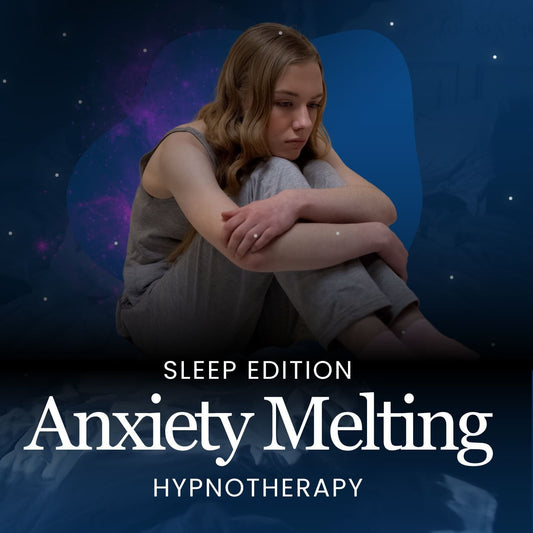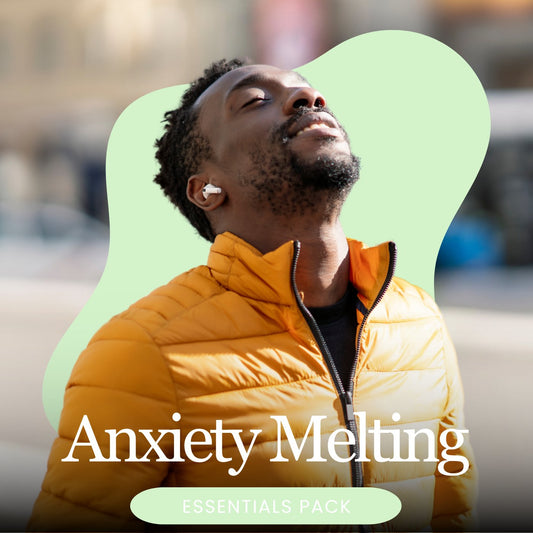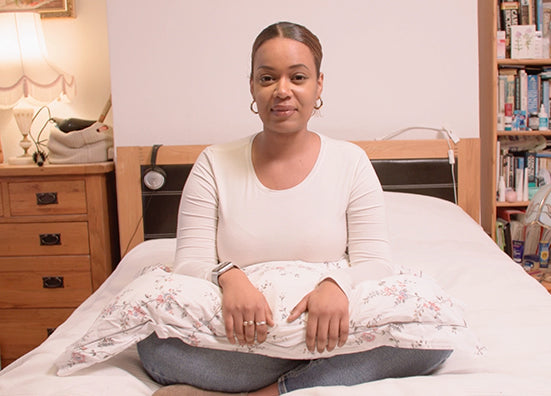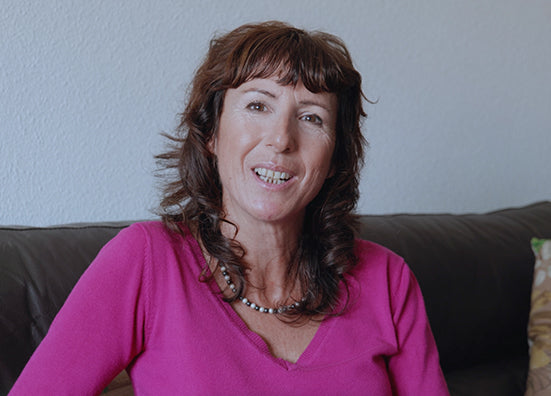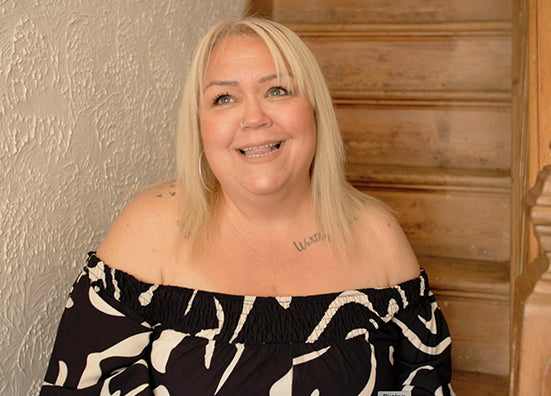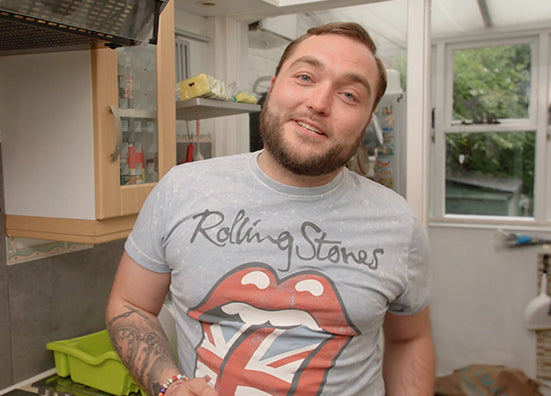For many of us who've been caught in the throes of trying to kick a habit or overcome a fear, it can feel like we've tried every available solution without success. This is where hypnosis comes in. It's an approach that has been used for years to help people find resolution to their struggles. Whether it's weight loss or reducing anxiety, there is a plethora of self-help tracks designed to address almost any issue imaginable. Let's take a deeper dive into what self-hypnosis entails and how it functions.
So, what exactly is self-hypnosis?
Hypnotherapy is a technique that relaxes an individual and places them into a trance-like state, which allows a therapist to help them concentrate on their problem. The individual is then led by verbal prompts to help them address and manage their issue. Hypnosis hinges on the participant's openness and willingness; it will be ineffective if the individual resists or is not receptive to the process.

Now, with the advent of the internet, hypnotherapy can easily be accessed from the comfort of your own home. There's a vast assortment of self-hypnosis tracks available online to aid you in initiating your journey towards achieving your therapeutic goals. Our minds, while incredibly potent, are also adaptable. A fear or phobia that troubles you today doesn't necessarily have to shadow you for the rest of your life. Thousands of people conquer their fears and break habits daily through hypnotherapy. Setting aside a portion of your day to practice self-hypnosis could be the best gift you could present to your future self.
Understanding The Conscious and Subconscious Mind
Imagine your mind functioning in two distinct states: the conscious and the subconscious. Your conscious mind is accountable for the active thoughts you have each day, from workplace tasks to deciding what's for dinner. The subconscious, on the other hand, manages our habits, such as nail-biting. Even though these behaviors may bring temporary comfort in stressful situations, they often frustrate us.

Have you ever driven somewhere, paid little attention to the route, and suddenly found yourself home without even realizing it? This phenomenon is a product of your subconscious mind storing learned information, like riding a bike. You don't need to actively think about these actions because your mind can seamlessly switch to autopilot and accomplish the task for you.
The challenge arises when the behaviors you want to change are controlled by your subconscious mind. Changing subconscious thought is considerably more difficult compared to our conscious minds, which we alter numerous times a day while deciding on things like what to eat or wear. Despite our awareness that certain habits like smoking are harmful, or nail-biting can disfigure our fingers, these habits are deeply ingrained in our minds, and unfortunately, our subconscious doesn't feel the need to alter them.
The Power of Positive Thoughts
Self-hypnosis can help restructure your brain. Many people harbor negativity that dominates their daily thoughts. Expressions such as "I'm not good enough for that job" or "there's no point in losing weight because I'll never be happy with my appearance" are examples of the subconscious microaggressions we direct at ourselves. Deep down, we know that with some effort, we could feel better about ourselves, but our subconscious controls our thoughts based on our self-perception.
Self-hypnosis encourages you to start your day with a positive mindset. It strengthens the belief that you can surmount any challenge with effort. Altering how you think, rather than merely what you think, is a crucial component in overcoming your personal hurdles.
Breaking the Habit
Over the years, numerous people have turned to hypnosis to break their habits. Despite the popular image of hypnosis involving a swinging pendulum and a magician making you cluck like a chicken, the reality is much more profound. Hypnosis utilizes the power of language to guide you into a relaxed state, enabling you to better manage negative behaviors. Many have relied on hypnosis as a treatment for habits and fears when other therapies have failed. With internet access, self-help tracks are now readily available. Setting aside a few minutes each day to listen to these tracks can bring clarity and understanding to your problems and equip you with techniques to control them.

Browse Our Hypnotherapy Sessions Now
Recent studies have highlighted the effectiveness of self-hypnosis. In a 2021 study, researchers found that self-hypnosis aided patients with claustrophobia to undergo an MRI [1]. Patients who listened to a self-help hypnosis tape in the waiting room reported feeling calmer and less likely to request sedation before their scan [1]. Another study showed that self-hypnosis helped patients overcome the fear of flying [2]. This evidence suggests that self-hypnosis can be a beneficial tool for overcoming fears and changing habits.
Practicing self-hypnosis is one of the most supportive and productive measures you can take to conquer a fear or habit. Just like talk therapies for mental health disorders, words hold immense power and can provide tremendous reassurance. By eliminating old thought processes, you can replace negative sentiments with positive action and ultimately overcome your fear.

In this era of the internet, resources for self-hypnosis are abundant. Taking time each day to listen to these tracks and practice self-care can lead to a significantly improved sense of self. You don't have to confront your struggles alone.
Adopting Healthy Behaviors
By dedicating a few moments each day to listen to self-hypnosis tracks, you can allow your mind to unwind and focus on what truly matters. Regardless of what you're trying to distance yourself from, the soothing words of self-hypnosis will lead you to the realization that there is a way forward.
Effective hypnosis requires consistent practice and an open mind. Results won't come if you're not receptive. While skepticism about hypnosis is common, don't let this mindset hinder your progress. Promise your future self that you'll continue the exercises, and remember that seeing benefits takes time, so be patient and resilient.

If you seek help with overcoming a fear or anxiety, or perhaps you want to break a bad habit, browse our website for therapies produced by our world-class hypnotherapists who've helped tens of thousands of people globally.
Browse Our Hypnotherapy Sessions Now
References:
[^1^]: Napp, A.E., Diekhoff, T., Stoiber, O. et al. Audio-guided self-hypnosis for reduction of claustrophobia during MR imaging: results of an observational 2-group study. Eur Radiol (2021).
[^2^]: Myles, P., Simpson, D., Barclay, P. et al. Effectiveness of hypnosis for the treatment of flight phobia: a single-case study. Am J Clin Hypn (2021).

